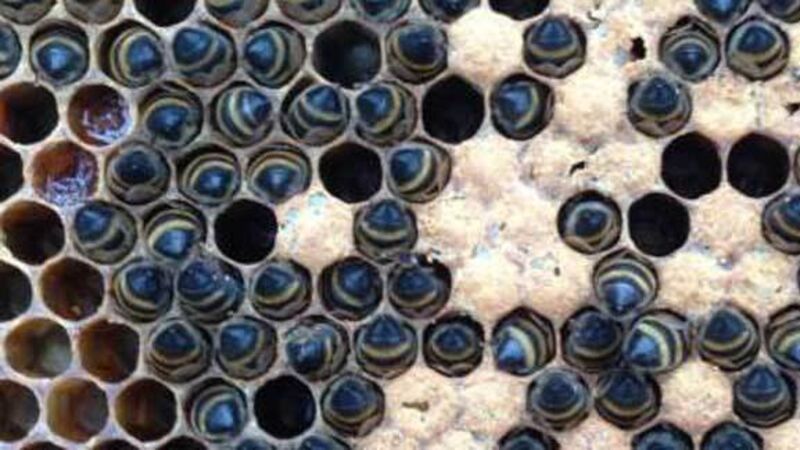1bn jobs depend on bees, insects

Scientists are warning that urgent action is needed to halt a global decline in pollinators which threat- ens economies and food supplies.
The authors of a major UN report blame the decline of pollinators on habitat loss, climate change, and farming methods.










